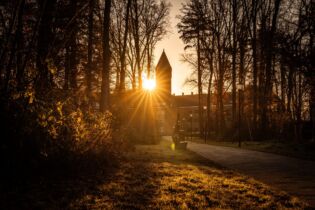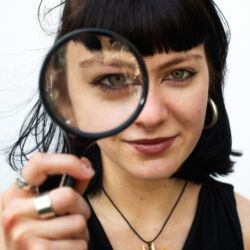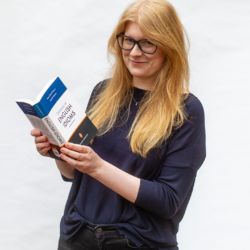Latest news
More news
Iranians at Radboud University live between fear and hope: ‘I’ve promised myself to live more courageously from now on’

Flying home for Christmas: how Radboud internationals spend their holiday

Neuroscientist Karin Roelofs joins ERC Board: ‘Science is the immune system of a healthy Europe’

Report fails to dispel uncertainty over major police operation and dog bite on 7th of May

To collaborate with Israel or China or not? The University offers help to researchers struggling with this question








